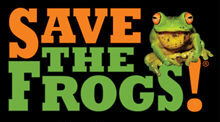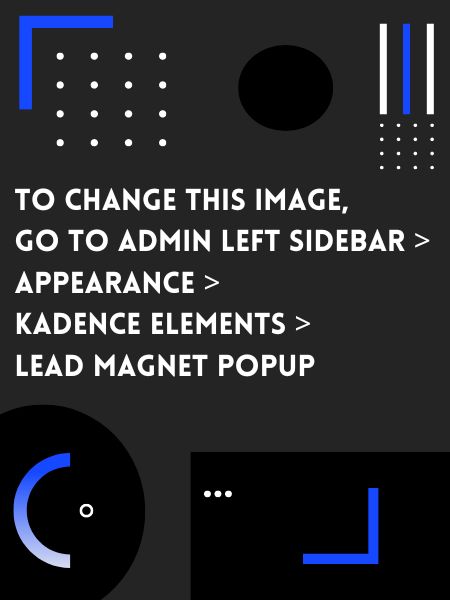By Scott Harris
Gilbert Adum is the co-founder of SAVE THE FROGS! Ghana, West Africa’s first nonprofit organization dedicated exclusively to amphibian conservation and the first international branch of SAVE THE FROGS!
Harris: Can you describe the community where you live?
Adum: I live in Kumasi, Ghana’s second largest city. Kumasi is referred to as West Africa’s Garden City, as many parts of it are or rather used to be covered by rainforests. This city is the home of Ghana’s leading science university, Kwame Nkrumah University of Science and Technology, and the cradle of the famous Ashanti kingdom.
What was the moment when you remember first becoming interested in frogs and amphibians?
I was born to a hunting tribe of Chiana-Gwenia in Northern Ghana, and like every kid there I enjoyed hunting frogs for their meat for myself, my family, and our hunting dogs. It was actually at the university that my supervisor, Professor William Oduro, introduced me to the study of amphibians and the need to protect them. It happened to also be the turning point of my life.
What kind of work do you do to help save the frogs in your area and across Ghana and Africa?
Currently, I am spearheading efforts to create a new National Park at Atewa Hills, which would help protect the critically endangered Togo Slippery Frog (Conraua derooi). Right now, I am up north collecting information on what kinds of frogs are harvested for food and at what volumes. Northern Ghana’s culture is replete with folklore, so we are also gathering “froggy” folktales, which we can use to help us educate people to protect the frogs.
Is it hard to convince other people to care about frogs and amphibians? When you talk to people about frogs, what is the message that resonates the most?
“Frogs too!” is that message. But we at SAVE THE FROGS! Ghana are not daunted in the least for we are convinced there is no other time but now to save Ghana’s frogs. Our efforts may be paying off, though, as have increased eightfold the number of undergraduates choosing to pursue wildlife studies at Kwame Nkrumah. We also have another postgraduate student at the University of Ghana, Legon, working on frogs. It is the first time that has happened in that university’s history.
If you had to pick one thing to tell people to do (or stop doing) that could help frogs and amphibians, what would that one thing be?
It would be for people to appreciate the importance of frogs and realize that frogs are vanishing, and without our help they are doomed–and we humans next.
Scott Harris is a freelance writer and frog enthusiast based in Washington, DC. You can reach him at mscottharris@yahoo.com.




